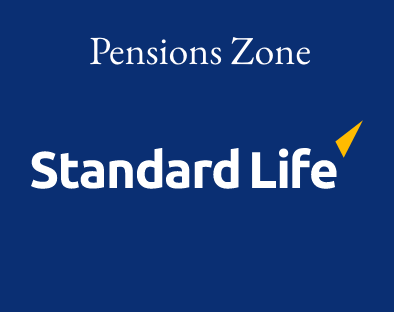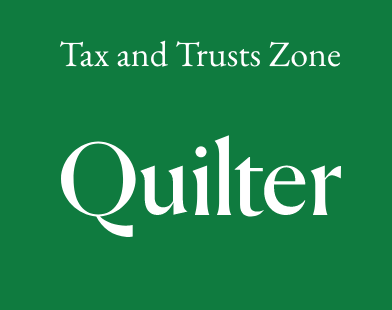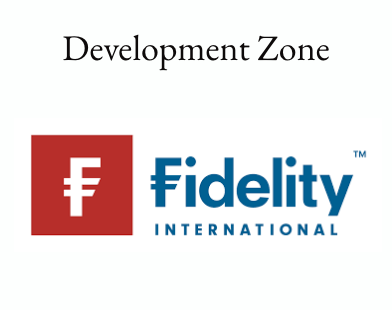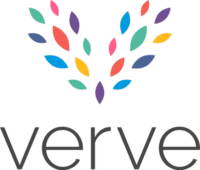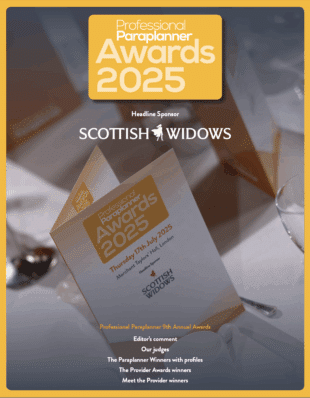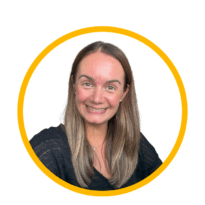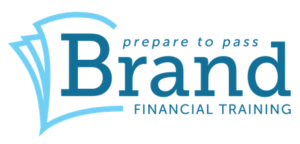Professional Paraplanner’s TDQ (Training, Development and Qualifications) series, is run in conjunction with key support providers, such as Brand Financial Training, and aims to test your knowledge of the financial services market, as part of your overall training goals and exam techniques.
The following nine questions, which can also be found in our February 2021 issue, relate to examinable Tax year 20/21, examinable by the CII until 31 August 2021.
Questions
1. Which of the following IFA firms would NOT require its annual accounts to be audited?
A. An unincorporated firm that doesn’t have permission to hold client assets
B. A sole-trader who has formal permission to hold client assets
C. A limited liability company who undertakes activity within the scope of the Insurance Distribution Directive
D. A partnership who operates a client bank account specifically to hold client monies with formal permission to do so
2. Josian has had a with-profit policy for a number of years and is now considering surrendering it. She should be aware that a market value reduction (MVR) can be applied:
A. as per guidelines set out in the FCA Handbook.
B. as per guidelines set out by the ABI.
C. at the discretion of the policyholders.
D. at the discretion of the life office.
3. Which of the following statements regarding Stamp Duty on documents transferring share ownership is true? Tick all that apply.
A. The rate is 0.5% of the purchase price
B. Stamp duty is paid by the seller
C. Stamp duty is paid by the purchaser
D. The purchaser is responsible for paying the stamp duty to HMRC
E. Stamp duty paid can be taken into account for CGT calculations
4. Defined benefit pension schemes represent an open-ended liability for employers, but which factor does not directly contribute to their potential liability?
A. Age and marital status of the members
B. Number of deaths prior to retirement
C. Returns of the underlying investments
D. Company profits
5. Marie has an onshore life assurance policy and Claire has an offshore life assurance policy. The difference in the tax treatment of their funds is:
A. Marie’s fund will be taxed at roughly the basic rate of income tax, while Claire’s fund will have gross roll-up
B. Marie’s fund will be taxed, but the tax is reclaimable while Claire’s fund will have a gross roll-up
C. Claire’s fund will be taxed at roughly the basic rate of income tax, while Marie’s fund will benefit from gross roll-up
D. Marie’s fund will be taxed and the tax is non-reclaimable, while Claire’s fund will be taxed but the tax is reclaimable
6. The greatest strength of Gordon’s growth model is it simplicity, however it has some drawbacks. Which of the following is an example of one of the limitations of the model? It’s assumption that:
A. NAV grows at a constant rate.
B. future dividends grow at a constant rate.
C. NAV reflects current share price.
D. future dividends stay the same.
7. Amanda, who lived in England, has died without leaving a will. She was married but had no children and has two surviving brothers and no other relatives. How will her estate of £650,000 be distributed under the laws of intestacy?
A. Entire estate absolutely to her spouse
B. £450,000 plus personal chattels to her spouse, £200,000 to her brothers
C. £550,000 plus personal chattels to her spouse, £100,000 to her brothers
D. £270,000 plus personal chattels to her spouse, who also receives a life interest in £190,000, and £190,000 absolutely to her brothers
8. If a borrower thinks they may wish to move house at some time in the future and are contemplating taking out a lifetime mortgage, what feature would it be useful for their mortgage to have?
A. Borrow back facility
B. Mortgage credit card
C. Portability
D. Drawdown facility
9. Once contracts have been exchanged, the buyer acquires what sort of interest in the property?
A. Legal
B. Equitable
C. Commonhold
D. Reversionary






